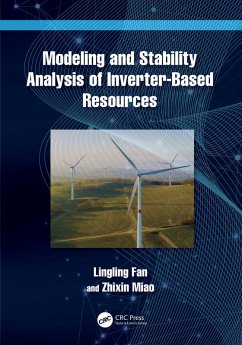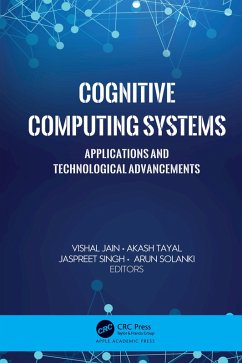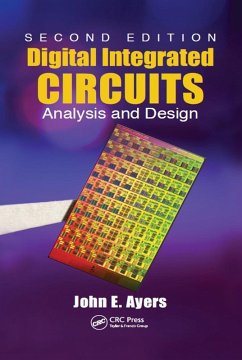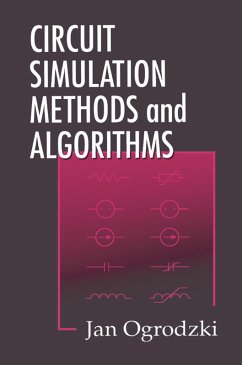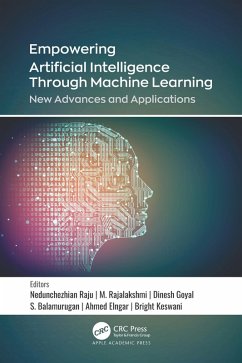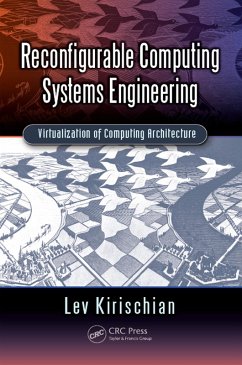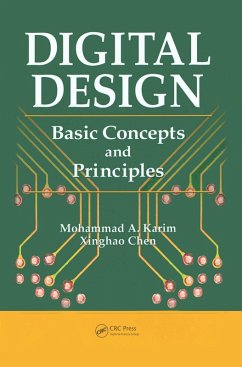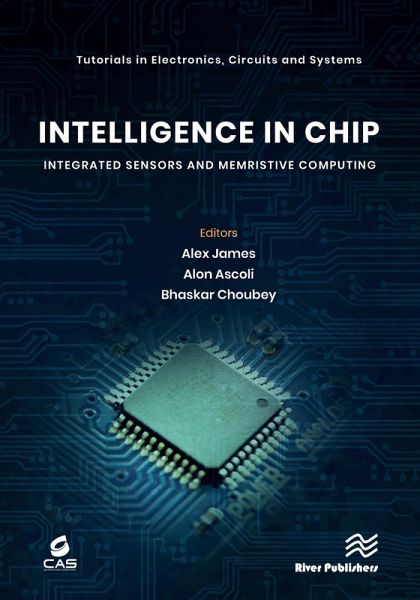
Intelligence in Chip: Integrated Sensors and Memristive Computing (eBook, ePUB)
Versandkostenfrei!
Sofort per Download lieferbar
109,95 €
inkl. MwSt.
Weitere Ausgaben:

PAYBACK Punkte
55 °P sammeln!
Intelligence in Chips: Integrated Sensors and Memristive Computing is an authoritative resource that navigates the exciting landscape of in-memory computing, neuromorphic circuits, and memristive technologies. This book curates expert insights from leading researchers like Abu Sebastian, Alex James, Alon Ascoli, Arindam Basu, Cory Merkel, Fernando Corinto, Jason Eshraghian, Rainer Waser, Spiros Nikolaidis, Stephan Menzel, and Vishal Saxena, highlighting some of the important contributions in the field. Through a comprehensive collection of talks, readers will gain deep insights into how memris...
Intelligence in Chips: Integrated Sensors and Memristive Computing is an authoritative resource that navigates the exciting landscape of in-memory computing, neuromorphic circuits, and memristive technologies. This book curates expert insights from leading researchers like Abu Sebastian, Alex James, Alon Ascoli, Arindam Basu, Cory Merkel, Fernando Corinto, Jason Eshraghian, Rainer Waser, Spiros Nikolaidis, Stephan Menzel, and Vishal Saxena, highlighting some of the important contributions in the field. Through a comprehensive collection of talks, readers will gain deep insights into how memristive neural computing is revolutionizing artificial intelligence.
The book covers the latest innovations in memristor array computing, brain-inspired circuits, neuromorphic event-driven vision, bio-inspired computing, and nonlinear phenomena in biological systems. Each chapter is authored by a distinguished expert, offering a multi-perspective analysis on how emerging technologies are pushing the boundaries of edge-AI and mixed-signal hardware.
Whether you're a researcher, engineer, or student, this book is an essential guide that explores the confluence of circuit theory, artificial intelligence, and memristor technology, providing readers with practical methodologies and visionary outlooks for the future.
The book covers the latest innovations in memristor array computing, brain-inspired circuits, neuromorphic event-driven vision, bio-inspired computing, and nonlinear phenomena in biological systems. Each chapter is authored by a distinguished expert, offering a multi-perspective analysis on how emerging technologies are pushing the boundaries of edge-AI and mixed-signal hardware.
Whether you're a researcher, engineer, or student, this book is an essential guide that explores the confluence of circuit theory, artificial intelligence, and memristor technology, providing readers with practical methodologies and visionary outlooks for the future.
Dieser Download kann aus rechtlichen Gründen nur mit Rechnungsadresse in A, B, BG, CY, CZ, D, DK, EW, E, FIN, F, GR, HR, H, IRL, I, LT, L, LR, M, NL, PL, P, R, S, SLO, SK ausgeliefert werden.





